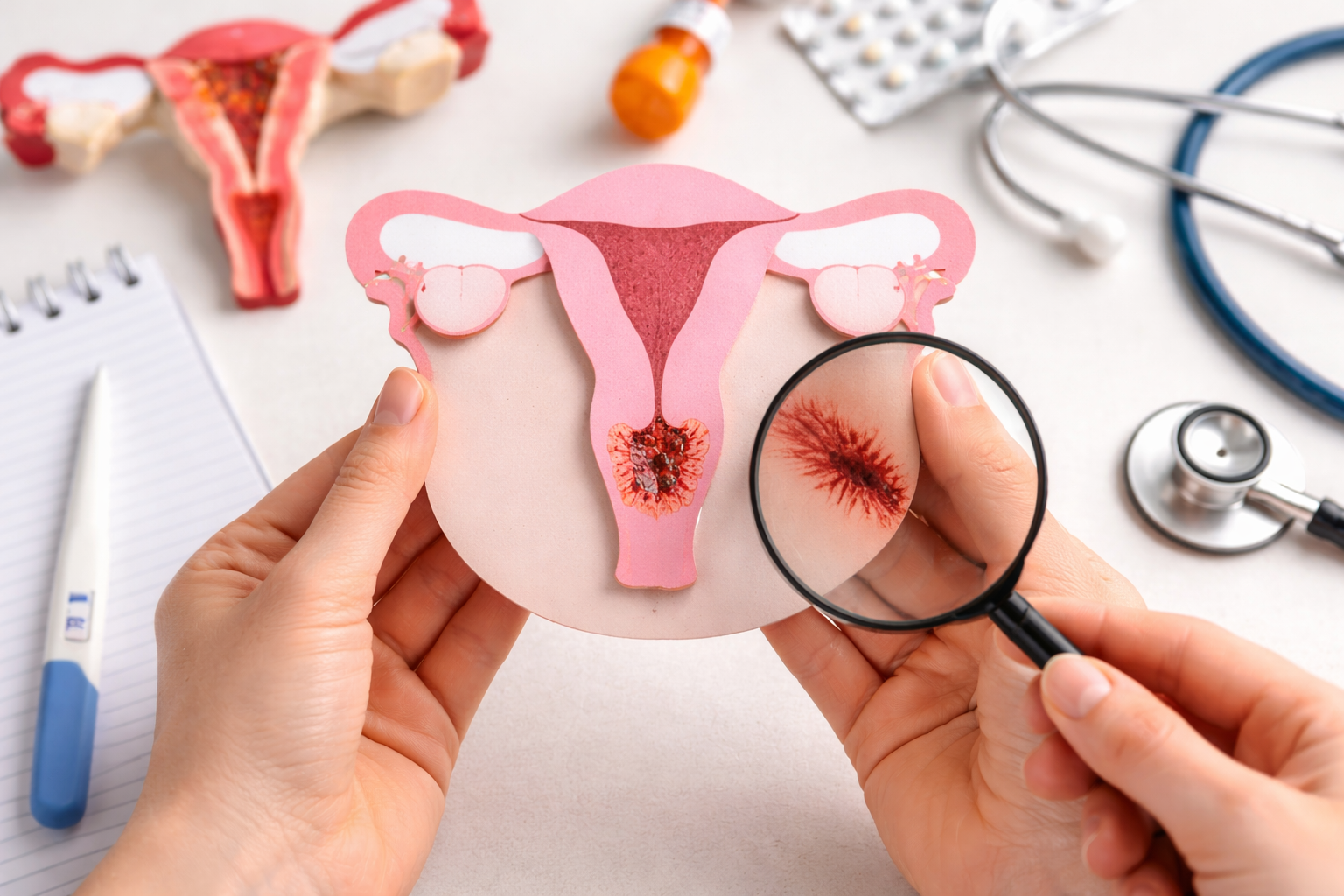Best IVF Clinic in Thane
Home » Sperm Freezing Treatment in Thane | Preserve Fertility with Cryopreservation – Ova Fertility and Women Care
Egg/Sperm/Embryo Cryopreservation Freezing
What is cryopreservation?
Cryopreservation involves freezing and thawing of the cells, without affecting its viability. It is a well-established procedure in the IVF centres. This procedure involves placing the cells indefinitely in an inactive frozen state in liquid nitrogen at -196ºC. Upon requirement the cells are thawed and used for treatment.
Why freeze sperm/semen?
Semen cryopreservation is a simple procedure and it is done by rapid freezing and thawing method. Semen freezing is done in the following cases:
⦁ As a back-up- If the husband is away or could not be able to produce the sample due to stress, anxiety
⦁ Prior to Vasectomy procedure
⦁ Prior to chemotherapy or radiation therapy
⦁ Low sperm count or deteriorating sperm quality
⦁ As fertility preservation as in case of high risk jobs like military, exposure to radiation, extreme temperatures
⦁ Sperm donation
Why freeze eggs?
The active phase of fertility of a woman is till early thirties and as the age advances the quality of the egg diminishes. This egg freezing procedure allows a woman to preserve her fertility by freezing and storing her own eggs and use it in future whenever she is ready to start a family. Potential candidates for Egg freezing procedure are:
⦁ Fertility Preservation: This is the best option to preserve one’s fertility by extending their biological clock.
⦁ Premature Ovarian Failure
⦁ Prior to cancer treatment – Chemotherapy or radiation therapy (these treatment can lead to destruction of ovaries and its ability to produce healthy eggs).
⦁ In conditions like endometriosis or ovarian tumours (this may cause scarring or compromise ovarian health).
⦁ Egg donation.
Why freeze embryos?
IVF treatment involves stimulated cycles, to produce many eggs which may result in many embryos. In order to avoid the risk of multiple pregnancies, only few embryos are transferred (D3 – two to three embryos; D5 – one to two blastocyst) and the rest surplus embryos can be stored. Embryos are usually frozen in the following situations:
⦁ Ovarian hyperstimulation syndrome (OHSS) – where transferring of embryos can be life threatening for the patient.
⦁ To reduce the risk of multiple pregnancies.
⦁ In case of surplus embryos (can help to increase the cumulative pregnancy rate).
⦁ Fertility preservation – social or medical reasons.
⦁ Embryo donation.
What is the longevity of storage period?
The gametes or embryos, once frozen in liquid nitrogen can remain unaffected for many years. But according to Indian guidelines (ICMR guidelines), the gametes or embryos can be stored upto 5 years.
Related Searches:
Infertility Treatment in Thane, Intrauterine Insemination (IUI) Treatment in Thane, IVF Treatment in Thane, Pre-Implantation Genetic Testing in Thane, Blastocyst Culture And Transfer Clinic in Thane, Laser Assisted Hatching Treatment in Thane, Endoscopy In Fertility Treatments, Pregnancy Care, Birthing, Ultrasound In Pregnancy, High Risk Pregnancy Treatment Care With ICU Facility, Laparoscopic Surgery, Hysteroscopic Surgery, Menopause, Puberty Adolescence Treatment, Oncofertility, Male Infertility Treatment in Thane, Male Infertility Treatment in Thane, best ivf hospital, ivf specialist, ivf doctor in thane, fertility treatment in Thane, dr. snehal kohale ivf specialist
Fertility Treatments
Let's Meet Up
contact
Our Latest Articles

Symptoms of Low AMH: Signs Linked to Low Ovarian Reserve
Symptoms of low AMH in women often appear quietly and are easy to miss. Many women feel completely normal until they start planning a pregnancy or face difficulty conceiving. Anti-Müllerian Hormone (AMH) is one of the most important fertility markers because it reflects a woman’s ovarian reserve, the number of

NT Scan in Pregnancy: What It Is & Why It Matters
Introduction: That First Trimester Mix of Joy and Questions The first trimester of pregnancy is often a quiet storm of emotions. There is excitement, of course the joy of seeing two lines on a test, the first ultrasound heart but there is also anxiety. Every expecting parent wonders the same

Can Scar Endometriosis Affect Fertility? Educate Yourself
Scar endometriosis is not a common condition, but when it happens, it can raise many questions especially about fertility. Women often notice pain or a lump near a surgical scar and don’t connect it to reproductive health. Some ignore it for years. Others worry silently about whether it can affect





 No need to worry, your data is 100% Safe with us!
No need to worry, your data is 100% Safe with us!